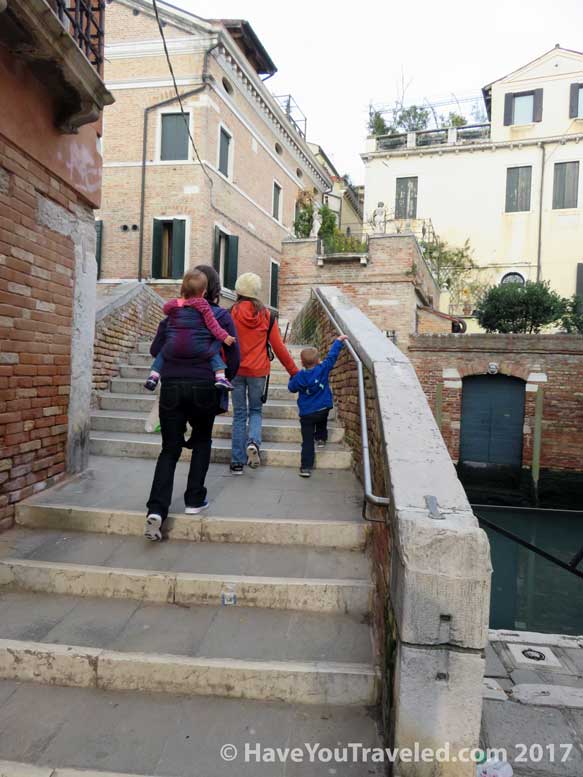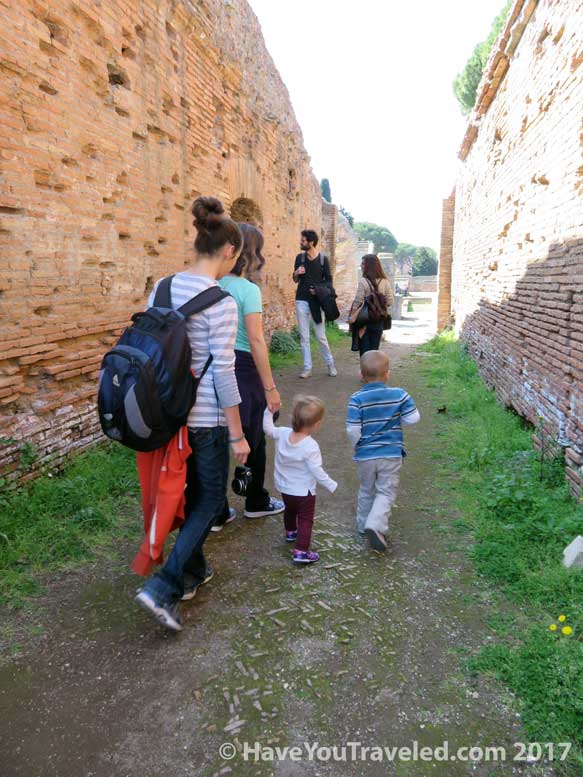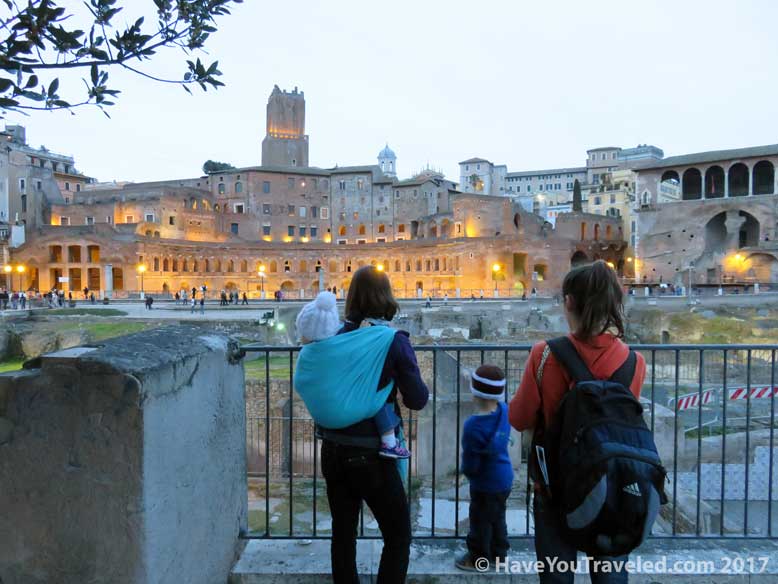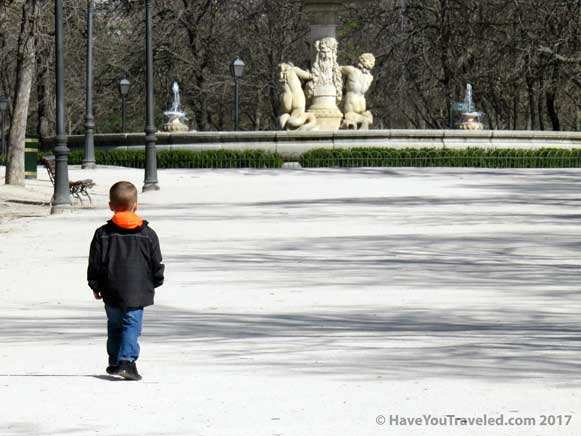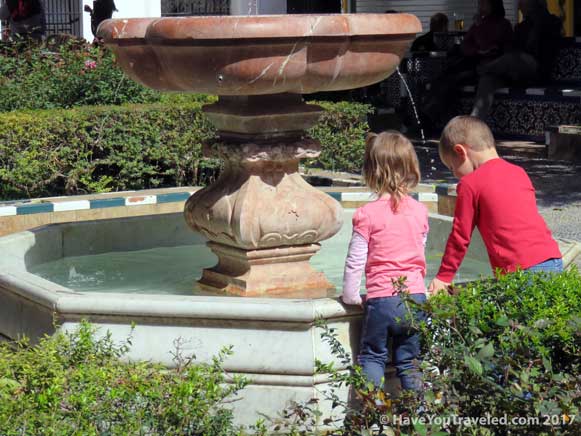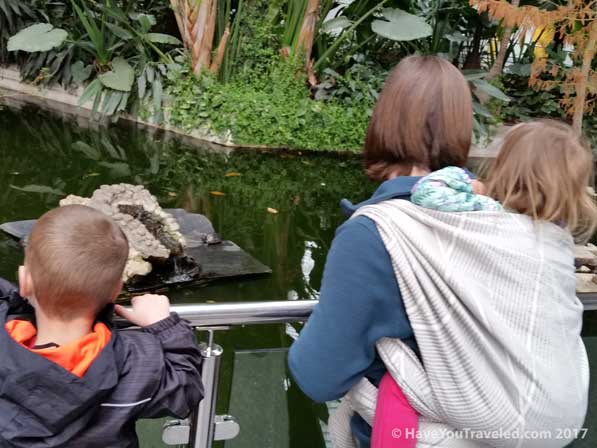We are advocates for including your kids in as much of the travel experience as you can. We previously written about written about helping kids contribute to the travel planning as well as activity ideas during the trip. This is a topic we’ll continue to discuss in this blog because a) it is an important one an b) it’s not exactly as easy thing to do (we are still learning too).
One of our main goals in traveling with our kids is to provide them with the experience of learning by doing. The thinking and consideration required in the planning stages of family travel is a great start in the right direction. True, the parents will make almost all of the decisions but the kids can really benefit from simply being part of the conversation, observing your thought processes and how you make decisions, and eventually to making decisions themselves on behalf of the family.
The articles below discuss tips for and benefits from including kids in the experience. While they do appear to have corporate sponsorship, there are still a few points of interest:
- Americans in particular leave millions of vacation days untaken and kids without agency grow up to be adults that don’t take vacation time.
- Narrate your decision process. Let them see how you talk your way through understanding the decision to be made, how you weigh the options and how you come to a decision and reflect on decisions once made. That is, model the behavior you’d like to see in them.
- Consider allowing kids to make specific choices. Help them understand what they are considering (time, cost, sequence/priority of activities, novelty, etc.).
- As kids mature and become more practiced at decision making continue to give them more responsibilities.
- Why You Should Let Your Kid Plan Your Next Family Vacation
- Family Travel Hacks: Let Your Kids DIY Your Next Trip
- Study Finds Family Vacations Are More Valuable to Kids Than Toys
Our kids are still quite young but they still have favorite activities and places and stories and most of these are a direct result from us sharing our planning with them along the way. We would ask them what they are most excited to see and do and were sure to reinforce that not only in the planning but on the actual trip too. Our kids still talk about when they finally got to see Venus living in a seashell (Botticelli’s Birth of Venus), the Mezquita (Córdoba’s Mosque) in real life. Just by asking for their input and giving them choices of what they want to see and do first seems to have made a difference to them. More ownership of the experience. “Dad asked me what I wanted to see first. I said I wanted to see Venus. Then we went and saw Venus.” Simple but it validates their curiosity (so important) and them as contributing members of the family.
During our last trips to Italy and Spain (the ones they remember best), we’d let them be “leader” and determine where we go and what we do next. At 4 and 2 (Spain; 3 and 1, Italy) it was limited to pedestrian-only zones but they got to run ahead and point out things they saw to mom and dad and decide where to go next. It was pretty fun watching how excited they were walking through quaint Italian and Spanish streets, pointing out statues, souvenir stands, and gelato shops (from 100 meters away).
The upside of our kids being so young is that we have a little more time to work on towards more independence and better decision making skills.
- Betsy can images if the kids, as teenagers, could plan a family trip for the year we turn 50.
- Dan imagines a time where those same teenagers might be ready to travel solo(!).
Sure, it’s easy to say this a decade away but we think it’s important to have long-term goals to aim for and to communicate to them. Do what’s best for your family but do try to keep an open mind and give the kids a chance to be part of the process and part of the conversation.
Talk soon,
Dan & Betsy
Family conversation topic: Let the kids plan an entire Saturday. Set limits on cost and travel as needed, and mandate that the whole family has o participate. Practice letting go a bit and see what happens.

